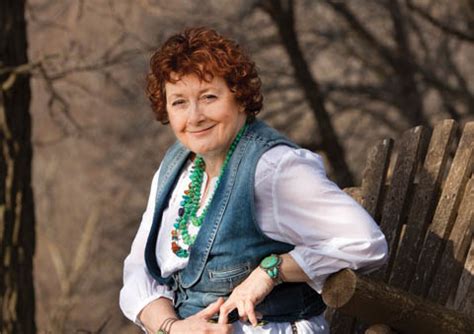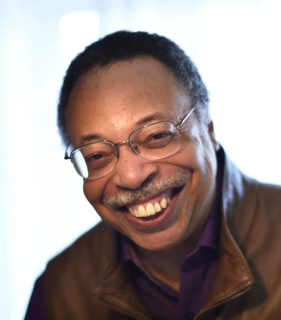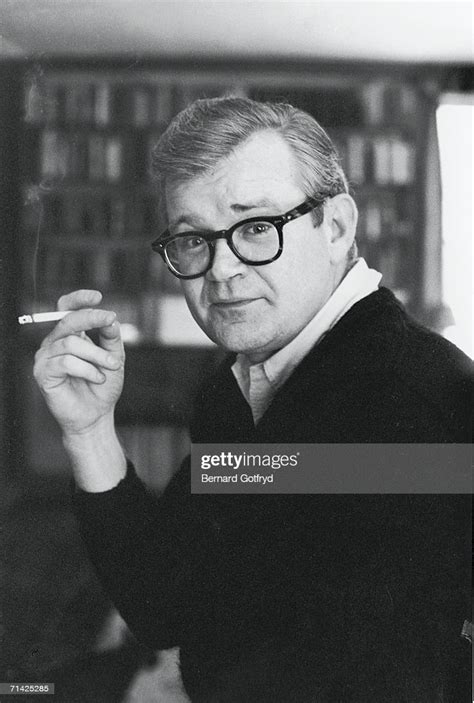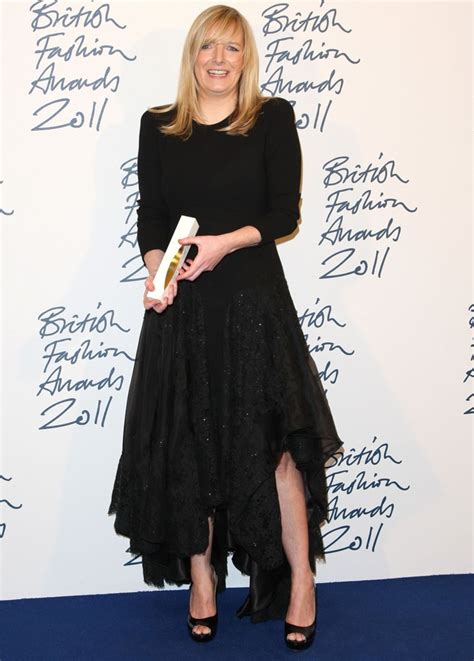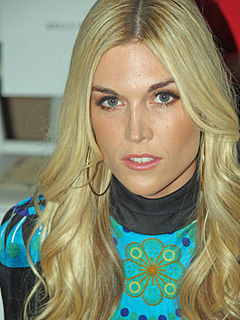A Quote by Jonis Agee
Marian Palaia is a writer of startling grace and sensuous lyricism - reading her, you feel as if you've never heard language this beautiful and this true.
Related Quotes
I first knew Laurie Lewis by her considerable reputation as a fiddle player and a writer of songs. When an opportunity came along to sing with her I seized it. Getting to know her as a singer and a person has been pure pleasure. Her voice is a rare combination of grit and grace, strength and delicacy. Her stories are always true.
Then I speak to her in a language she has never heard, I speak to her in Spanish, in the tongue of the long, crepuscular verses of Díaz Casanueva; in that language in which Joaquín Edwards preaches nationalism. My discourse is profound; I speak with eloquence and seduction; my words, more than from me, issue from the warm nights, from the many solitary nights on the Red Sea, and when the tiny dancer puts her arm around my neck, I understand that she understands. Magnificent language!
Donna E. Smyth - adventures with words; she is always doing something new and unique. Beginning with her visceral morality, her stories are startling, nerve wracking, provocative: she combines Angela Carter's beautiful style with Patricia Highsmith's malevolent atmospheres. Smyth shatters clichs and dismisses mere sociology. She knows that pleasure is besieged by terror. She tells us what we don't want to know, but need to know. Smyth's writing disturbs us, enrichingly, because truth can never be at peace with language.
To be blunt, I feel like lyricism in Spanish is of a different quality than English. You can get really poetic in Spanish, but I feel like if you do that in English, you risk sounding cheesy. In Spanish, it's never that. It's always this deep, passionate, beautiful imagery; it's painted different, a different color.
Writers are outsiders, and usually not by their own choosing. It’s why they’re writers. If they didn’t feel alienated from human experience, they wouldn’t feel so drawn to writing to make sense of their lives. It’s not the outsider’s facility for language that makes her a writer — many a student body president or homecoming queen can turn a phrase — but her ability to howl at the moon, on the page.
I guess my mom raised me right. She was very celebratory of her body. I never heard her once say, "I feel fat." Back when I was modeling, the first time I went to Italy I was having cappuccinos every day, and I gained 15 pounds. And I felt gorgeous! I would take my clothes off in front of the mirror and be like, "Oh, I look like a woman." And I felt beautiful, and I never tried to lose it, 'cause I loved it.
Grace has to be the loveliest word in the English language. It embodies almost every attractive quality we hope to find in others. Grace is a gift of the humble to the humiliated. Grace acknowledges the ugliness of sin by choosing to see beyond it. Grace accepts a person as someone worthy of kindness despite whatever grime or hard-shell casing keeps him or her separated from the rest of the world. Grace is a gift of tender mercy when it makes the least sense.
I feel like in the reading I did when I was growing up, and also in the way that people talk and tell stories here in the South, they use a lot of figurative language. The stories that I heard when I was growing up, and the stories that I read, taught me to use the kind of language that I do. It's hard for me to work against that when I am writing.
One of the most useful parts of my education as a writer was the practice of reading a writer straight through - every book the writer published, in chronological order, to see how the writer changed over time, and to see how the writer's idea of his or her project changed over time, and to see all the writer tried and accomplished or failed to accomplish.
Charleston has a landscape that encourages intimacy and partisanship. I have heard it said that an inoculation to the sights and smells of the Carolina lowcountry is an almost irreversible antidote to the charms of other landscapes, other alien geographies. You can be moved profoundly by other vistas, by other oceans, by soaring mountain ranges, but you can never be seduced. You can even forsake the lowcountry, renounce it for other climates, but you can never completely escape the sensuous, semitropical pull of Charleston and her marshes.
